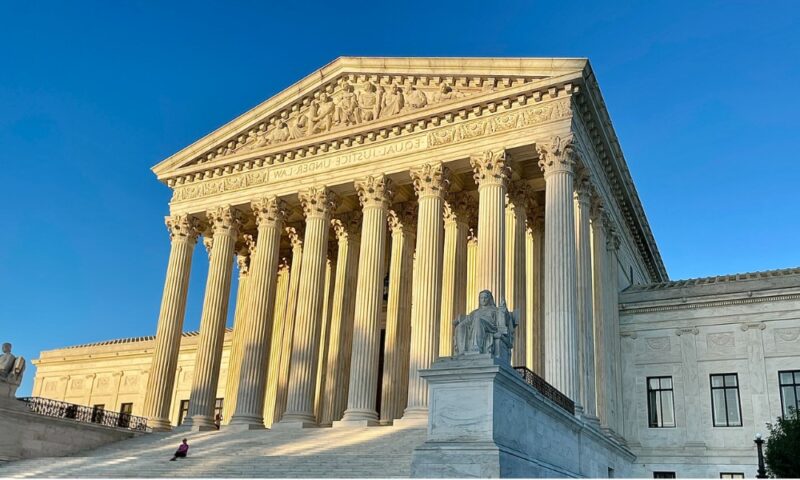
What a Pending Supreme Court Antitrust Case Means for Associations
During a recent ASAE webinar, experts discussed how an antitrust case could have major implications on association membership, particularly recruitment and retention.
In 2019, U.S.-based sports marketing agency Relevent Sports Group filed a suit against the United States Soccer Federation for allegedly entering into a conspiracy with football’s governing body, FIFA, to stop teams from playing competitive international matches in the U.S.
Relevent Sports, which wanted to hold those games in the U.S., argued that the policy unlawfully restrained competition and violated U.S. antitrust laws.
While a U.S. District court judge dismissed Relevent’s lawsuit in 2021, a federal appeals court reversed the decision and ruled in March 2023 that [PDF] membership and agreement to follow an association’s rules suffice to include a member as a defendant in antitrust allegations—conflicting with other appeals courts’ decisions. In other words, since U.S. Soccer is a member of FIFA and agreed to follow FIFA’s rules, it could be included as a defendant for FIFA’s alleged antitrust violations.
In response, U.S. Soccer filed a petition to the U.S. Supreme Court [PDF] requesting that it review the case. In its petition, U.S. Soccer argued that the Second Circuit’s decision would “imperil thousands of entities that belong to membership associations providing procompetitive benefits across a wide range of industries.”
During a webinar hosted by ASAE last month, Jerald Jacobs, partner at Pillsbury Winthrop Shaw Pittman LLP and ASAE general counsel, said that should the Supreme Court take the case, the ruling could have broad ramifications for associations.
“Many associations have codes of rules or standards that are criteria for participating as members,” he said. “Arguably, merely joining an association and agreeing to follow its standards would essentially put a target on the back of every association member.”
Because of the significant implications of this case for associations, ASAE also filed an amicus curiae brief to the Supreme Court in September, supporting U.S. Soccer.
In the brief [PDF], ASAE argues that subjecting association members to antitrust lawsuits solely based on their membership and compliance with association ethics codes or other requirements could severely harm both associations and their members.
“Members may think twice before joining an association,” Jacobs said. “Or they may be more likely to resign from an association if they fear that there’s a plaintiff out there who may bring an antitrust lawsuit case to their organization.”
If the case doesn’t go in favor of associations, Jacobs anticipates that organizations may need to rethink whether to have their members adhere to an enforceable code of conduct.
Potential Next Steps
During the webinar, Jacobs said the Supreme Court will likely decide to hear the case because there’s currently a split among the circuit courts on this issue.
“Three circuit courts have ruled that joining an association and agreeing to follow its standards is not enough to be named a codefendant in an antitrust lawsuit, and two circuits said that it is enough,” he said. “Splits in the circuit courts are a reason why the Supreme Court is more likely to hear a case.”
Another reason why the Supreme Court may choose to hear the case is because the Court agreed to hear a 2016 case, Visa, Inc. v. Osborn, with almost identical legal facts.
When that case came before the Supreme Court, ASAE filed an amicus brief [PDF] urging the Court to take the case. The Court granted the petition and agreed to hear the case, so ASAE filed another amicus brief on the merits of the case.
“We thought we had a good chance of settling the law in our favor,” Jacobs said. “But both parties changed their position while the case was pending, and the Court dismissed it, so it was never resolved.”
If the Court agrees to hear U.S. Soccer Federation Inc. v. Relevent Sports LLC, there will be a new round of briefs by the parties. In addition, ASAE will file another amicus brief arguing on the merits for why the Court should rule in favor of U.S. Soccer.
[Douglas Rissing/ISTOCK]






Comments